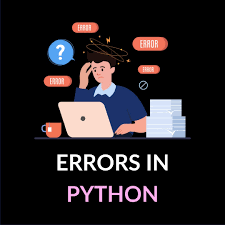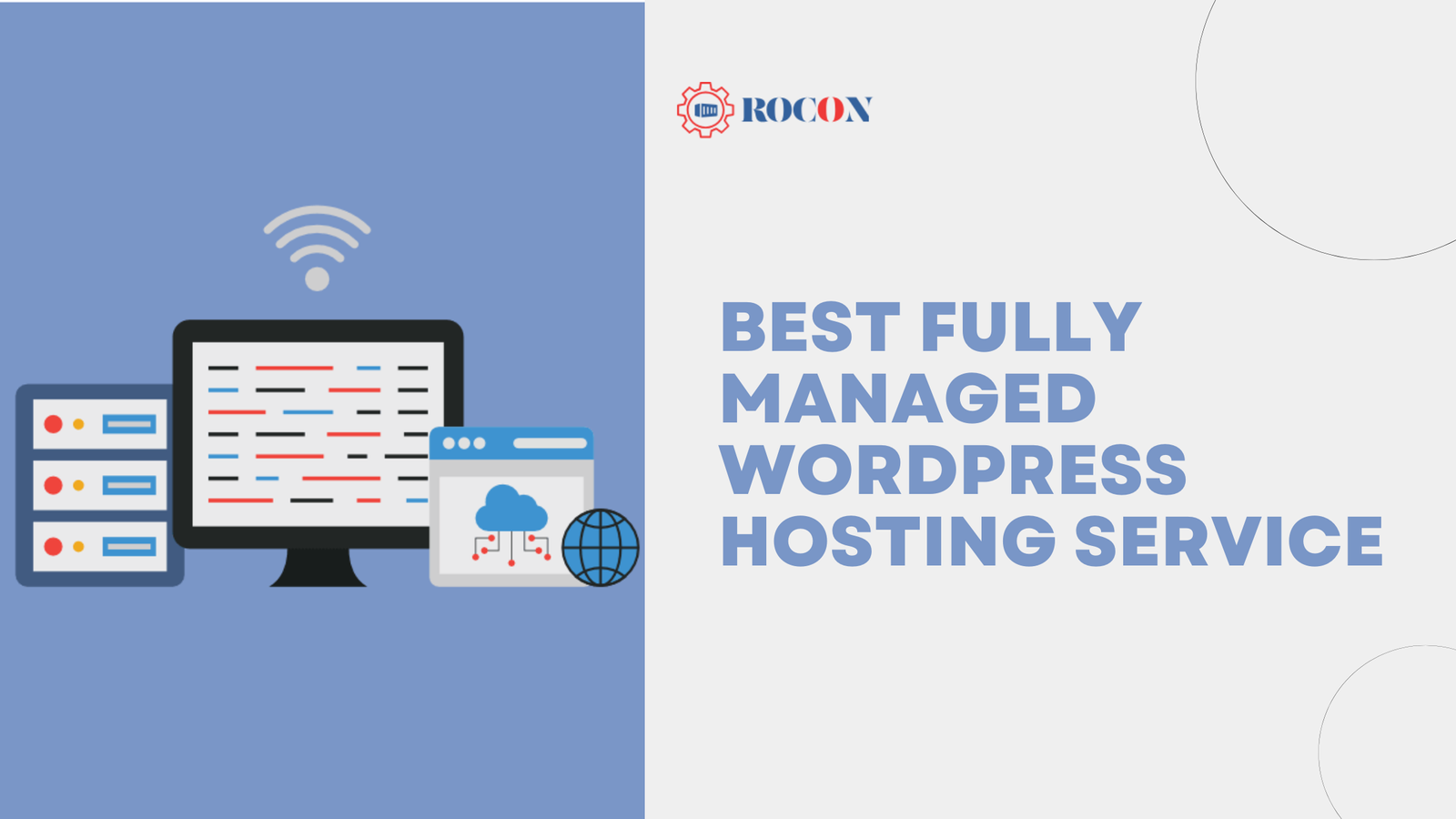PyO3 is a popular Rust library that allows developers to write Python extensions in Rust or embed Python in Rust applications. While PyO3 is powerful and efficient, working with it can sometimes lead to errors related to loading libpython. These issues typically arise due to version mismatches, incorrect environment setups, or missing dependencies.
Fsiblog article, we will dive into the most common libpython errors encountered when using, understand their root causes, and provide step-by-step resolutions. Whether you’re a beginner or an experienced PyO3 user, this guide will help you troubleshoot effectively.
What Is libpython?
libpython is the shared library implementation of Python. When interacts with Python, it often relies on libpython to communicate between the Rust code and the Python interpreter. Errors related to libpython generally occur when PyO3 cannot find or load this library correctly in techners.
Common PyO3 libpython Error
Here are some of the most frequently encountered libpython errors and how to resolve them.
1. Error: Cannot Find libpytho
Description:
This error occurs when PyO3 cannot locate the libpython shared library on your system. It may look something like this:
goCopy codeerror: linking with `cc` failed: cannot find -lpython3.x
Cause:
libpythonis not installed.- PyO3 is configured to use a specific Python version that does not exist on your system.
- Incorrect or missing
LD_LIBRARY_PATHorPATHenvironment variables.
Solution:
- Verify Python Installation: Ensure the Python version you want to use is installed and accessible. For example:bashCopy code
python3 --versionInstall Python if it’s missing:bashCopy codesudo apt install python3 - Install Development Headers: On Linux systems, you may need to install the Python development headers:bashCopy code
sudo apt install python3-dev - Set Environment Variables: Ensure the
LD_LIBRARY_PATH(Linux/macOS) orPATH(Windows) includes the directory containinglibpython. For example:bashCopy codeexport LD_LIBRARY_PATH=/usr/lib/python3.9/config-3.9-x86_64-linux-gnu:$LD_LIBRARY_PATH - Specify Python Version in
Cargo.toml: You can explicitly tell which Python version to use:tomlCopy code[dependencies] pyo3 = { version = "0.18", features = ["extension-module"], python3 = "3.9" }
2. Error: undefined reference to Py_*
Description:
When linking the Rust library with Python, you may encounter errors like:
javascriptCopy codeundefined reference to `Py_Initialize`
Cause:
This typically occurs because PyO3 is unable to find the correct symbols in the Python shared library (libpython).
Solution:
- Verify Shared Library Presence: Check if
libpythonexists in the appropriate directory:bashCopy codels /usr/lib | grep libpython - Ensure Correct Linking Flags: Add the
-lpython3.xflag to link the correct version of Python. You can do this by setting thePYO3_PYTHONenvironment variable:bashCopy codeexport PYO3_PYTHON=/usr/bin/python3.9 - Use
pkg-config: On Linux, usepkg-configto locate the correct library:bashCopy codepkg-config --libs python3
3. Error: No module named 'setuptools'
Description:
During the build process, PyO3 might fail with the following error:
vbnetCopy codeModuleNotFoundError: No module named 'setuptools'
Cause:
This happens because relies on setuptools to build Python extensions.
Solution:
- Install
setuptools: Ensuresetuptoolsis installed in your Python environment:bashCopy codepython3 -m pip install setuptools - Use a Virtual Environment: Use a virtual environment to isolate your Python dependencies:bashCopy code
python3 -m venv venv source venv/bin/activate - Specify the Python Interpreter: Point PyO3 to the virtual environment’s Python interpreter:bashCopy code
export PYO3_PYTHON=venv/bin/python
4. Error: Version Mismatch Between Python and PyO3
Description:
You may see an error if the Python version doesn’t match the one PyO3 is configured for:
goCopy codeerror: expected Python version 3.x but found 3.y
Cause:
PyO3 uses a specific Python version during compilation, and it must match the Python version in your environment.
Solution:
- Sync Python Version: Ensure your installed Python version matches the version PyO3 expects:bashCopy code
sudo apt install python3.x - Reconfigure PyO3: Tell to use the correct Python version:bashCopy code
export PYO3_PYTHON=/usr/bin/python3.x - Update Cargo.toml: Explicitly set the Python version in your
Cargo.tomlfile:tomlCopy code[dependencies] pyo3 = { version = "0.18", features = ["extension-module"] }
5. Error: ImportError: libpython.so not found
Description:
This error occurs when Python extensions cannot locate the libpython shared library at runtime.
Solution:
- Check the Shared Library Path: Verify the path to
libpython:bashCopy codeldconfig -p | grep libpython - Update
LD_LIBRARY_PATH: Add the directory containinglibpythontoLD_LIBRARY_PATH:bashCopy codeexport LD_LIBRARY_PATH=/usr/lib/python3.x:$LD_LIBRARY_PATH - Create a Symlink (if necessary): If
libpythonis missing, create a symbolic link:bashCopy codesudo ln -s /usr/lib/python3.x/config-3.x/libpython3.x.so /usr/lib/libpython3.x.so
6. Error: PyO3 Build Errors in Windows
Description:
Building PyO3 on Windows can sometimes fail with cryptic errors related to libpython.
Cause:
- Missing Python in the system PATH.
- Incorrect Python installation (e.g., no shared libraries).
Solution:
- Install Python with Shared Libraries: During installation, ensure the “Add to PATH” option is selected and shared libraries are installed.
- Set
PYO3_PYTHON: Point PyO3 to the correct Python executable:cmdCopy codeset PYO3_PYTHON=C:\Path\To\Python39\python.exe - Install Build Tools: Install the required build tools (e.g., Visual Studio with the C++ build tools).
Tips for Avoiding PyO3 libpython Errors
- Use a Consistent Environment: Use a virtual environment or a container to maintain consistent dependencies.
- Read the Documentation: PyO3’s official documentation often contains updated instructions for resolving issues.
- Keep Dependencies Updated: Regularly update Python, Rust, and to ensure compatibility.
- Enable Verbose Logging: Use verbose logging to get detailed error messages:bashCopy code
cargo build -vv - Seek Community Support: Check PyO3’s GitHub issues or join community forums for help.
Conclusion
Errors related to libpython in PyO3 can be daunting, but understanding their causes and following systematic troubleshooting steps can make resolving them straightforward. By setting up your environment correctly, specifying Python versions, and keeping your tools updated, you can avoid most libpython issues and enjoy the full power.
















Leave a Reply